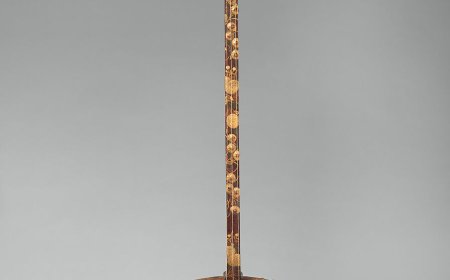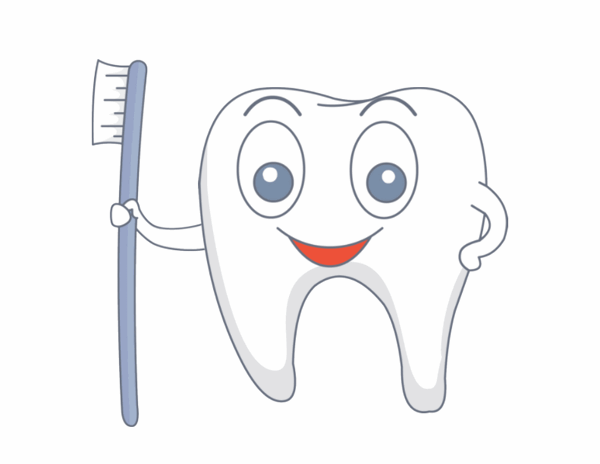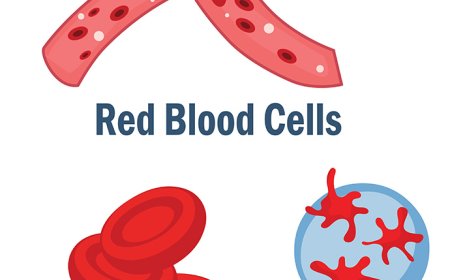Hormones: The Body’s Tiny Messengers – A Student’s Guide
Learn what hormones are and how they help your body grow, feel, and stay balanced. This student-friendly article explains how these powerful messengers work with glands and the brain. Includes quiz and summary.
🧪 Hormones: The Body’s Tiny Messengers – A Student’s Guide
Even though they’re invisible, hormones are some of the most powerful chemicals in your body. Made by glands in your endocrine system, hormones act like tiny messengers. They travel through your bloodstream and deliver instructions to organs and cells, telling them what to do and when.
Hormones affect almost everything: how tall you grow, how hungry you feel, how fast your heart beats, and even how you react when you're excited, nervous, or tired. Let’s take a closer look at how these amazing messengers keep your body running smoothly.
📦 What Are Hormones?
Hormones are chemical messages sent out by endocrine glands. Once they enter the bloodstream, they travel to target cells—special cells that know how to "read" their message.
Each hormone has a specific job, and they work like a key fitting into a lock:
The hormone is the key
The target cell is the lock
When the hormone finds the right cell, it delivers its message
This message might tell the body to grow, release energy, slow down, or speed up a process.
🌍 How Do Hormones Travel?
Hormones are released into your bloodstream, which carries them around the entire body. But they only affect specific organs or tissues that have the right "receptors."
The process usually works like this:
A gland detects a need (like more energy or growth)
It releases a hormone into the blood
The hormone finds the right cells
The cells respond (by growing, releasing sugar, etc.)
When the job is done, hormone levels return to normal
This process helps keep the body in balance, a state called homeostasis.
🧪 Common Hormones and What They Do
Here are some of the most important hormones and their jobs:
Growth Hormone (GH)
From the pituitary gland – helps bones and muscles grow
Insulin
From the pancreas – lowers blood sugar by helping cells use it for energy
Glucagon
From the pancreas – raises blood sugar when your body needs more energy
Adrenaline
From the adrenal glands – gives you a quick boost of energy in emergencies
Thyroxine
From the thyroid – controls metabolism (how fast your body uses energy)
Estrogen and Testosterone
From ovaries or testes – control puberty and reproduction
Melatonin
From the pineal gland – helps control your sleep-wake cycle
Each hormone works in a specific part of the body, but many hormones also work together to complete a task.
🧠 The Brain + Hormones = Body Control
The hypothalamus, a part of your brain, watches what's happening in your body and sends signals to the pituitary gland, the “master gland.” The pituitary then tells other glands what to do.
This teamwork helps your body:
Grow at the right time
Start puberty
Respond to stress
Digest food
Sleep on a regular schedule
Even small changes in hormone levels can have big effects, which is why your endocrine system carefully adjusts hormone levels all the time.
🧬 Why Hormones Matter for Kids and Teens
During childhood and the teen years, hormones help guide major changes in your body:
Growth spurts
Voice changes
New emotions
Hair growth and body development
Changes in sleep and appetite
These changes can sometimes feel confusing, but they’re a natural part of growing up—and hormones are leading the way!
🎉 Fun Facts About Hormones
Adrenaline can give you extra strength in emergencies—sometimes called the “fight or flight” effect
Melatonin levels rise when it gets dark, helping you feel sleepy
A tiny amount of hormone can affect your entire body
Your hormones follow a rhythm—called your biological clock
Hormones affect your mood, which is why you might feel up and down during puberty
🧠 Vocabulary
Hormone – A chemical messenger made by a gland
Target cell – A cell that receives a hormone’s message
Gland – An organ that produces hormones
Metabolism – How the body uses energy
Adrenaline – A hormone that helps you react to stress or danger
Insulin – A hormone that lowers blood sugar
Estrogen/Testosterone – Hormones for reproduction and puberty
Melatonin – A hormone that helps with sleep
Hypothalamus – A part of the brain that controls hormone release
Homeostasis – The body’s state of balance
✅ Interactive Quiz: Hormone Helper
1. What is a hormone?
A. A blood cell
B. A type of protein
C. A chemical messenger
D. A muscle part
✅ Correct Answer: C
2. What organ tells glands when to release hormones?
A. Stomach
B. Heart
C. Brain (hypothalamus and pituitary)
D. Bones
✅ Correct Answer: C
3. What does insulin do?
A. Raises blood sugar
B. Helps you breathe
C. Lowers blood sugar
D. Makes you sleepy
✅ Correct Answer: C
4. Which hormone helps you grow taller?
A. Glucagon
B. Melatonin
C. Growth Hormone
D. Adrenaline
✅ Correct Answer: C
5. What hormone helps you sleep?
A. Thyroxine
B. Adrenaline
C. Testosterone
D. Melatonin
✅ Correct Answer: D
🧒 Kid-Friendly Summary
Hormones are tiny messengers that travel through your blood and tell your body what to do. They help you grow, feel emotions, sleep, digest food, and more. Your glands make these hormones, and your brain helps control them. Even though you can’t see them, hormones do big jobs every day!





















































